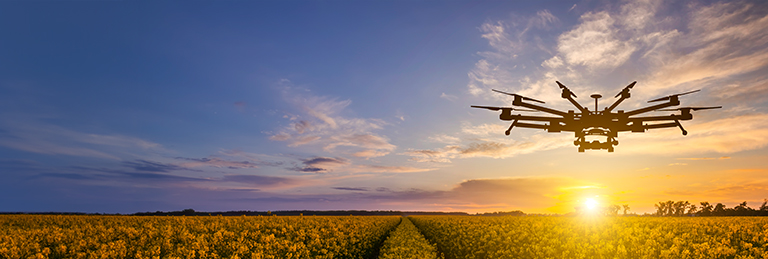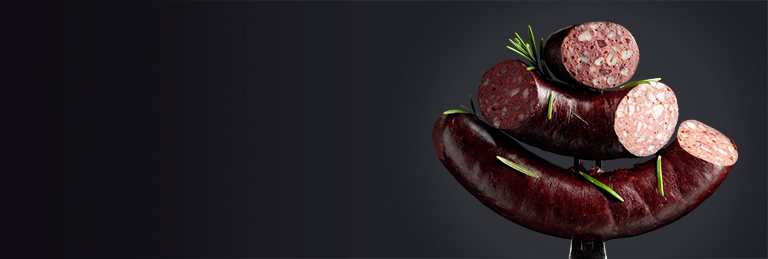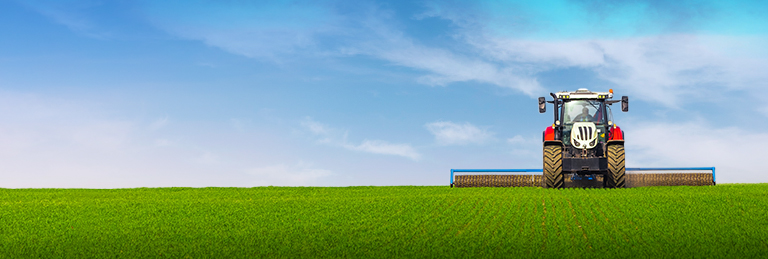Fewer orders from Eastern Europe – Western Europe as a stability anchor
“Fewer orders from Eastern European markets were an important reason for the sales decrease. Given the result of 2009, however, we are still at the good level of the years 2006 and 2007”, said Gerd Wiesendorfer, market analyst at the VDMA Agricultural Machinery Association, in a press statement on Thursday in Frankfurt. Pent-up orders from the boom year 2008 led to constant sales in the first quarter of 2009. The number of new orders, however, had already diminished since November 2008 so that sales sank as of the past spring. Thus, sales reduction grew from 15% in the first half of the year to 38% in the second half.
The industry experienced very different developments in the individual regions:
By 2008, Russia had become the second-largest export market for the German agricultural machinery industry after France. Especially efficient German harvesting equipment was needed for the agricultural modernization of Eastern Europe and is still needed today. When the financial crisis began, investments came to an abrupt standstill, and orders which had already been placed were cancelled.
In 2009, the German agricultural machinery exports to Russia decreased by more than 60% so that the country now occupies sixth place in the ranking of the export markets again. The development on the other important markets of Central and Eastern Europe was similar. An exception was Romania, where investments increased due to the European policy of subsidies.
In Western Europe, overall investment activity in agriculture remained at a relatively high level. The largest markets are France and Germany. The development in both countries was comparable. After strong sales activity in the first half of the year, the demand decreased in the second half.
German tractor market extremely robust
According to preliminary import estimates, the German market shrank by 12% to € 4.01 billion, of which € 1.72 billion came from German production. Thanks to an increase in compact tractor sales, the overall volume of the tractor market decreased by only 6% to 29,465 units. At the same time, the large arable farms again bought more tractors having more than 200 hp of engine power so that the average power of all tractors sold nevertheless grew slightly to a current 127 hp. The agricultural machine business developed like the farmers´ incomes.
Given the heavy decline in milk prices, German dairy farmers had already adopted a reserved attitude towards investments at the beginning of the year. Accordingly, the sales of hay harvesting equipment were weak. In arable farming, however, investments in equipment still remained at a relatively high level. The sales of ploughs and cultivators stayed virtually constant, and the combine and forage harvester market was also able to maintain its level.
Expected pent-up demand in Eastern Europe for 2010
The regional focus of activity in the industry will slightly shift back in 2010. The demand for new, efficient machinery is generally very great in Eastern Europe and has grown noticeably due to the lack of investments in the previous year. Therefore, one can assume that machinery sales will slightly recover despite the difficult import conditions in some countries. However, the level of the year 2008 is still far away.
“On the German market, no revival of demand is foreseeable in the coming months. German farmers are currently investing their available funds primarily in photovoltaic and biogas plants”, said Wiesendorfer. He also stressed that a decrease in agricultural incomes in virtually all EU countries in the past year had to be taken into account. However, higher milk prices and the continuing enlargement of farms are likely to provide good arguments for the purchase of a new machine even under these conditions.
Do you have questions? Christoph Götz, telephone +49 69 6603-1891 will gladly offer you more information.










